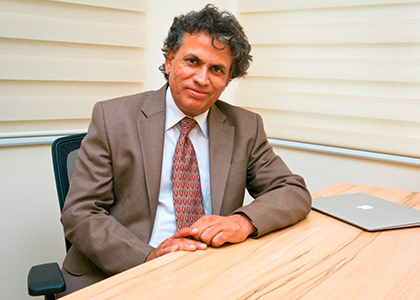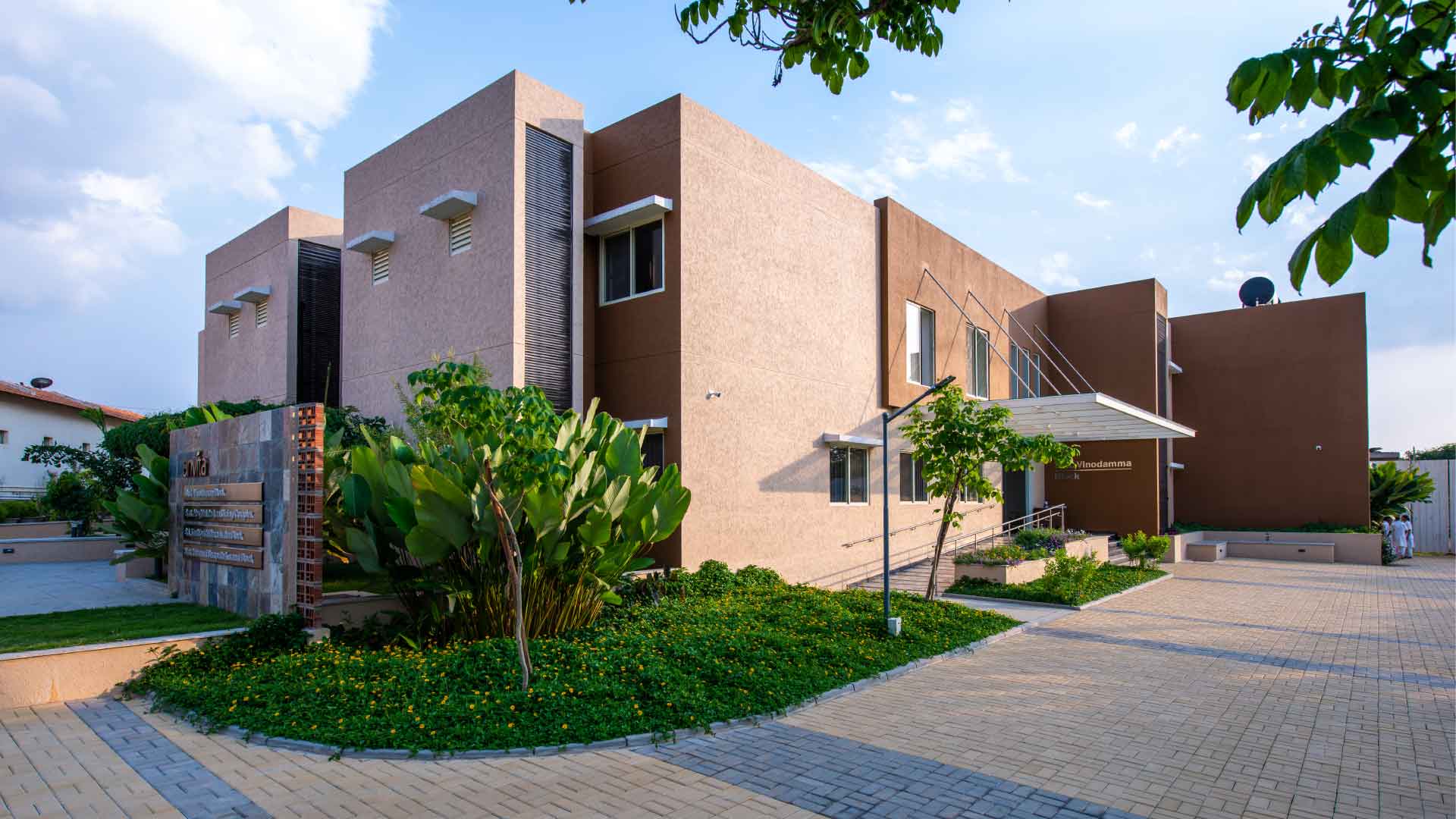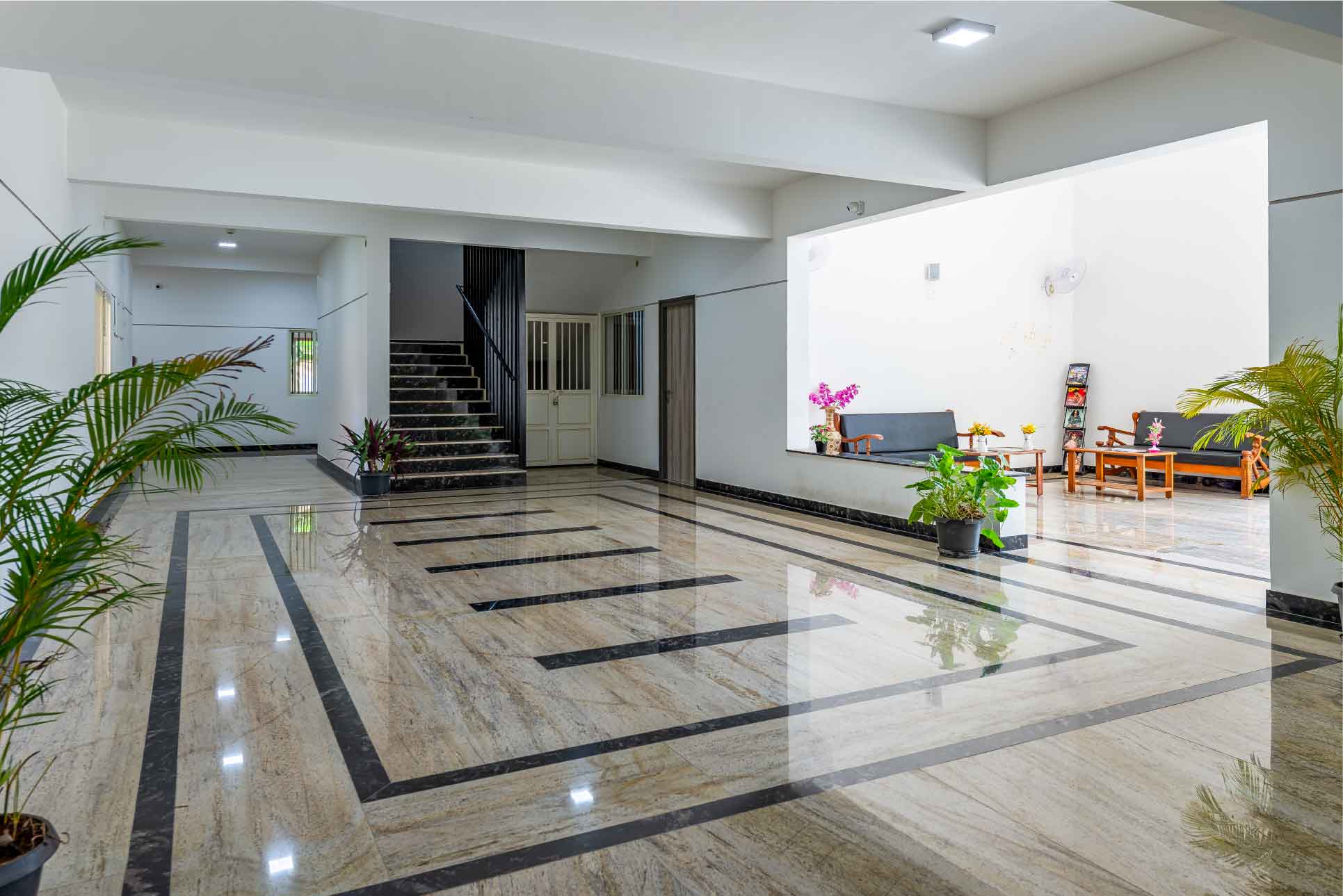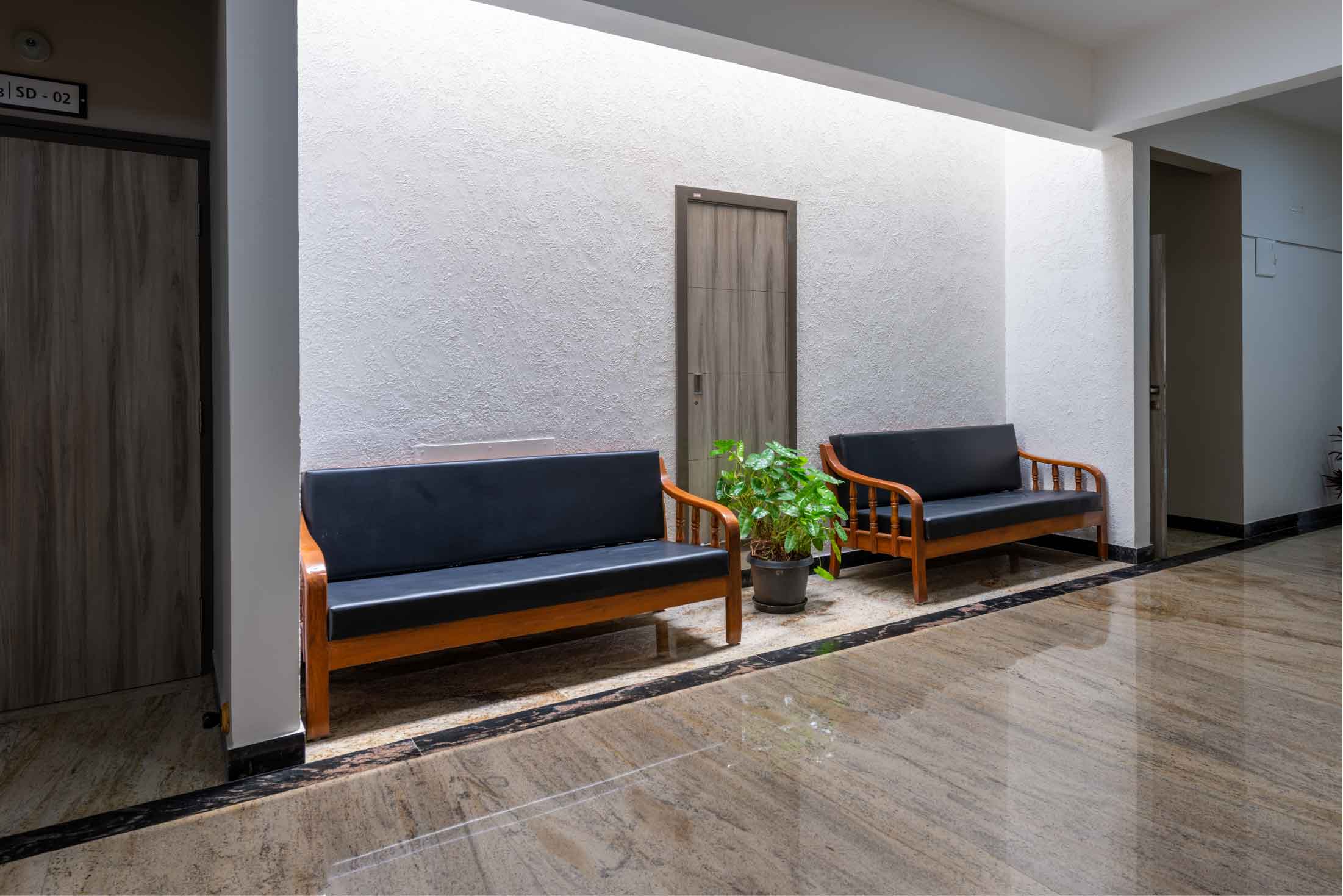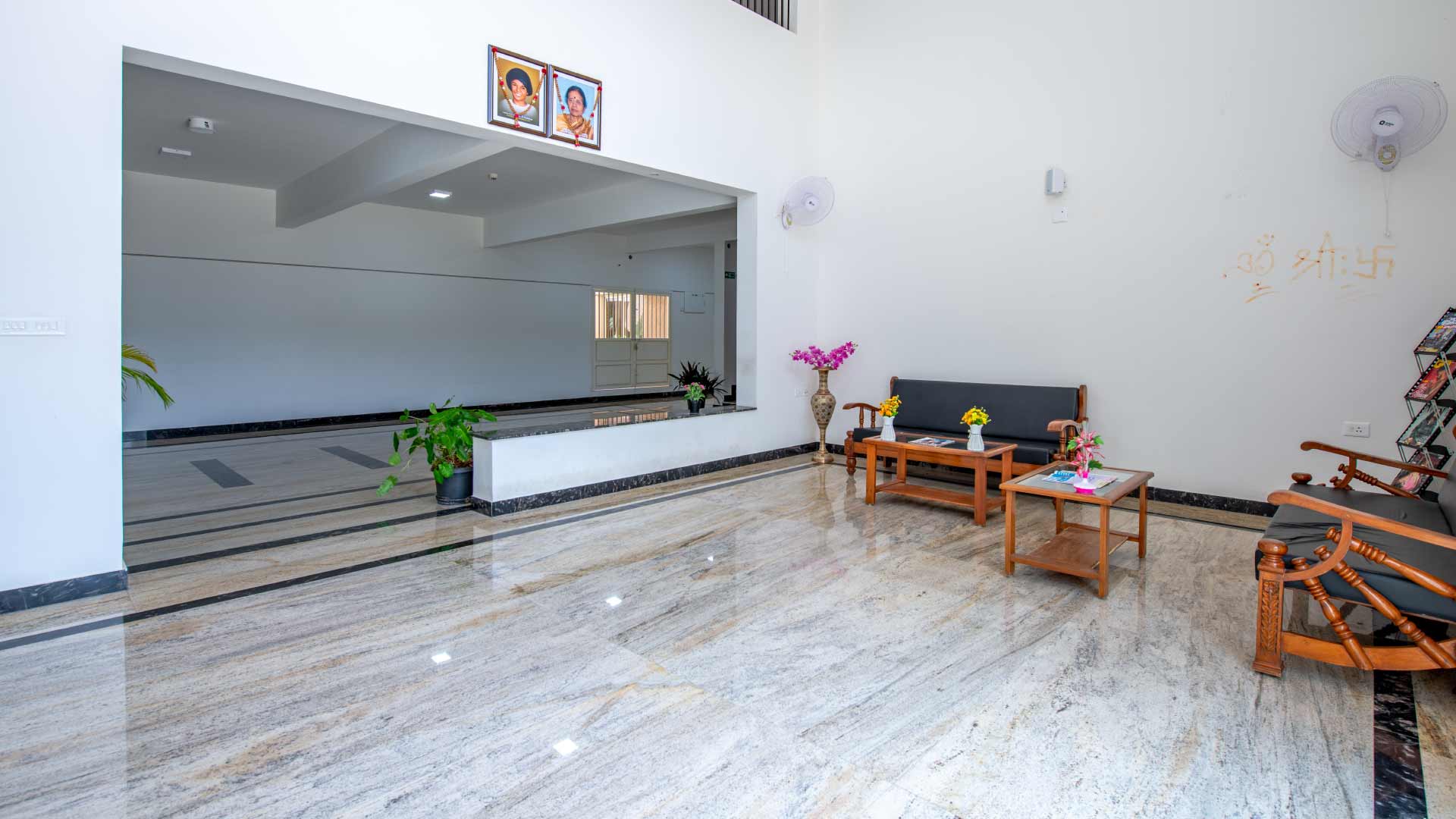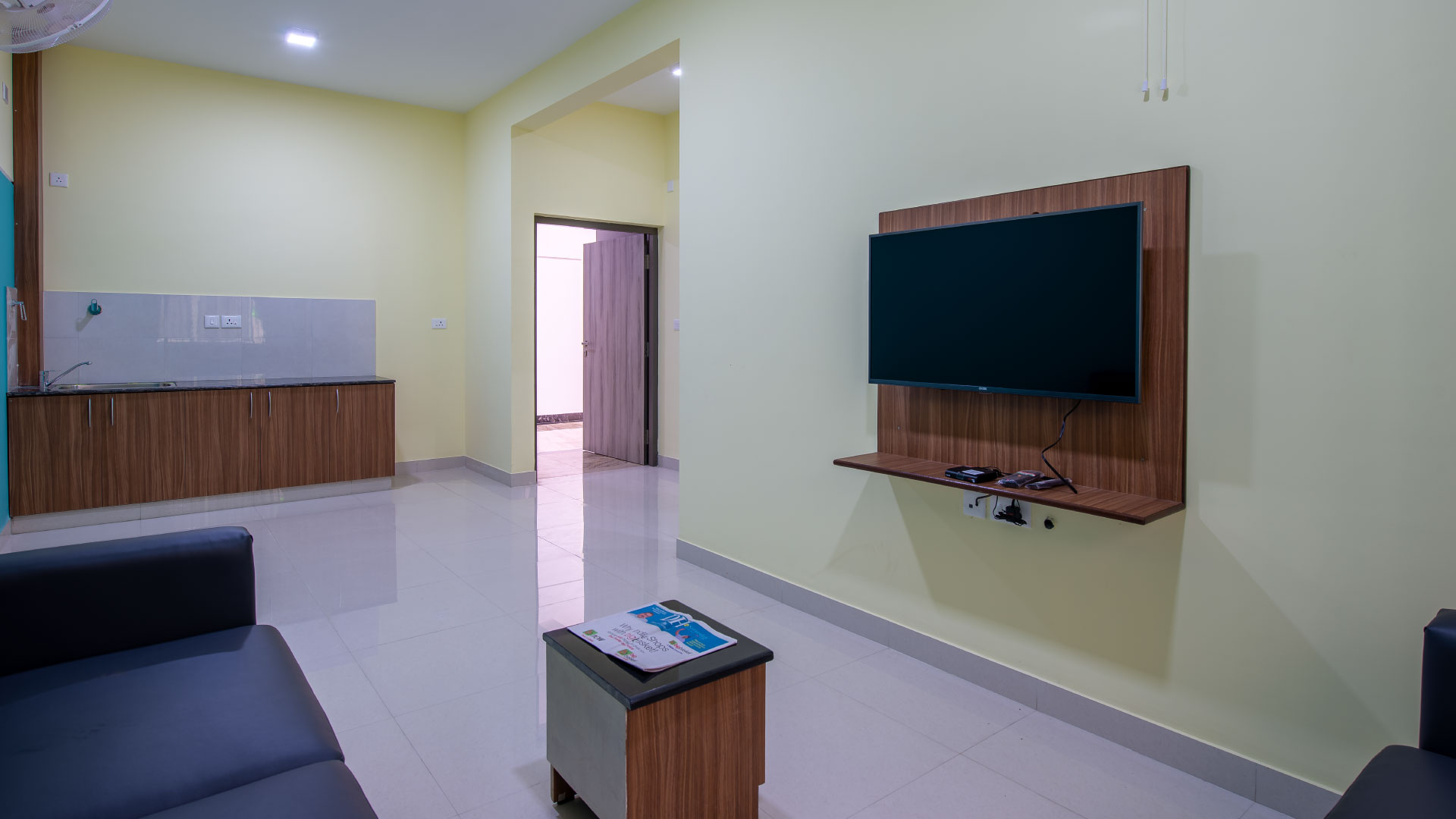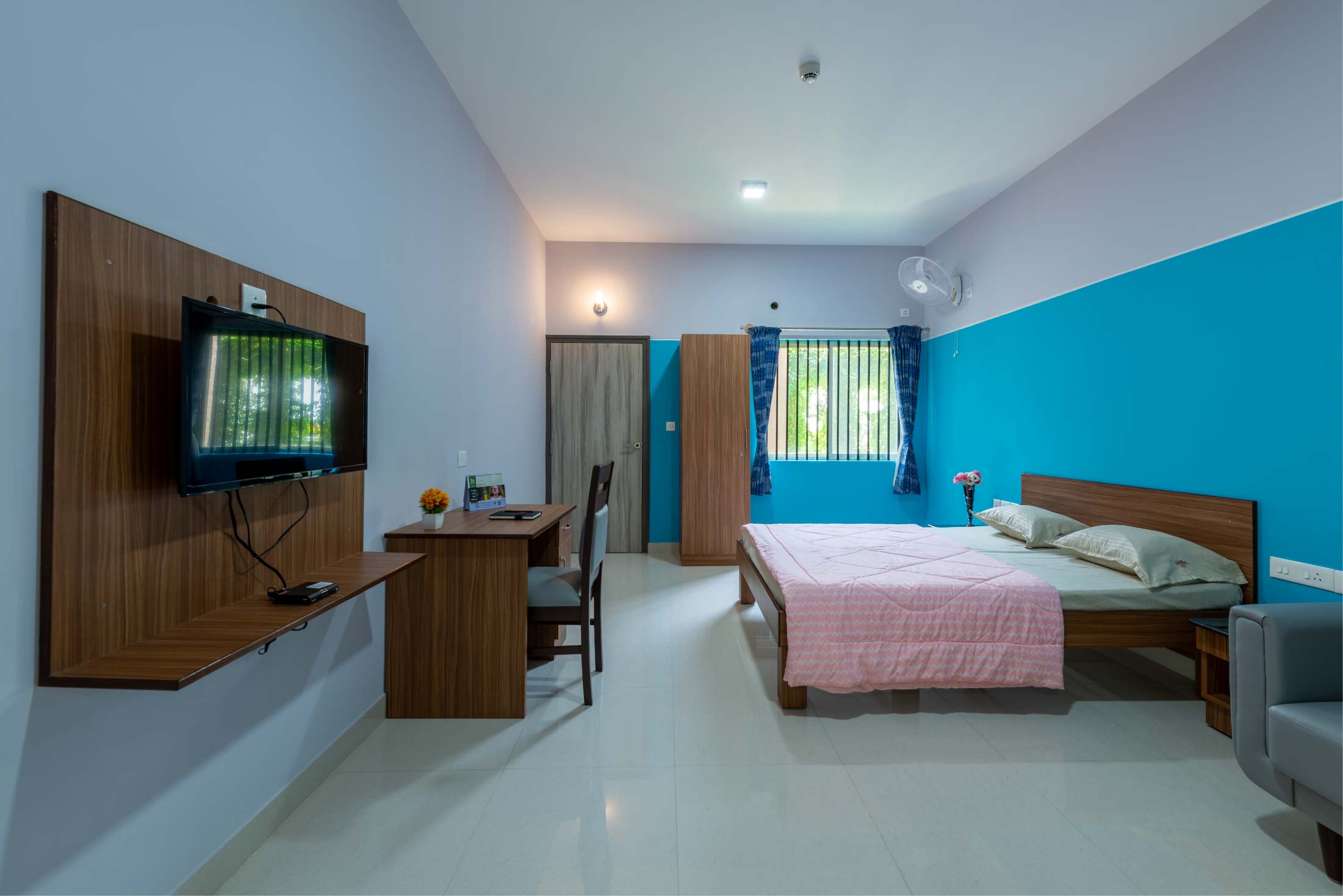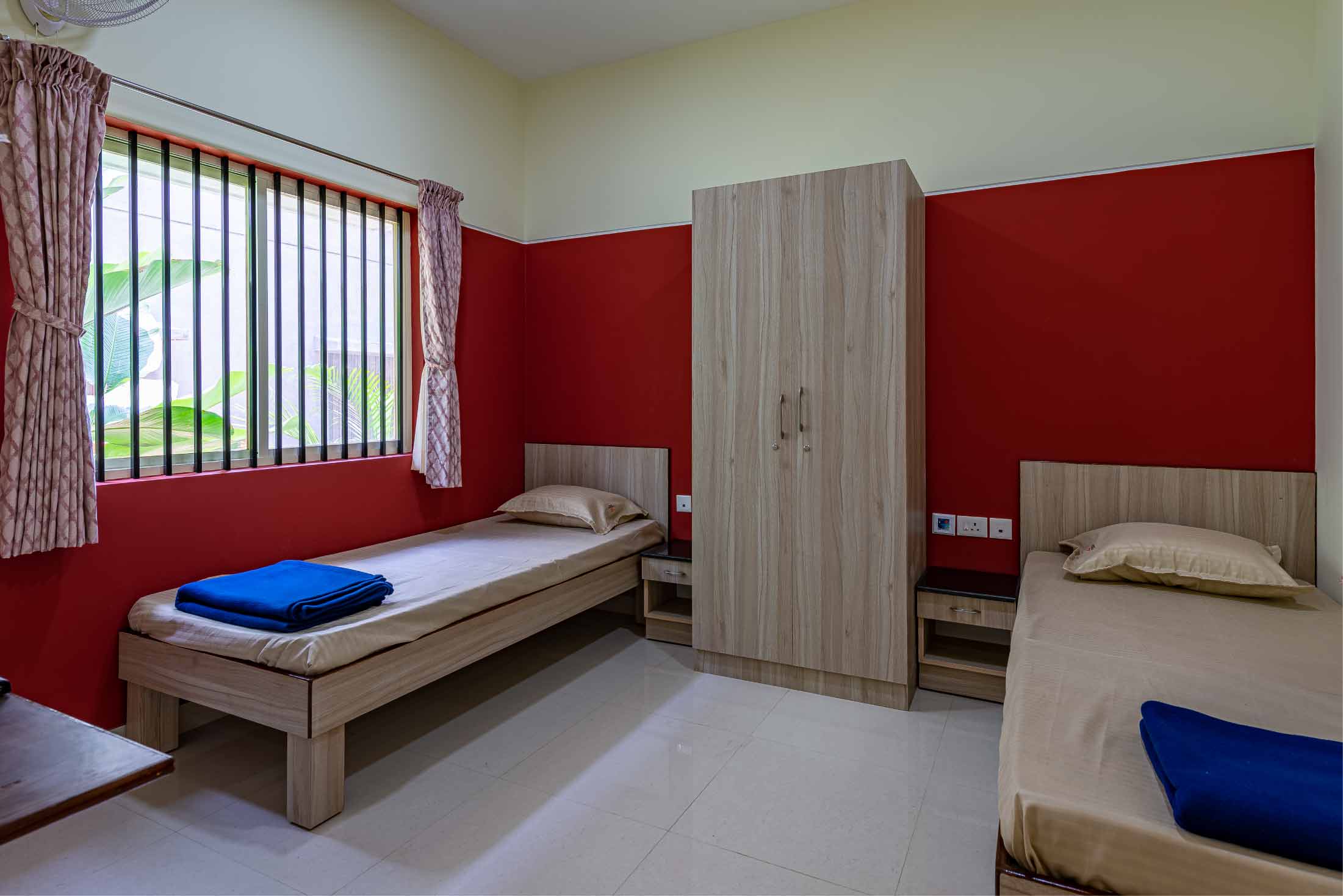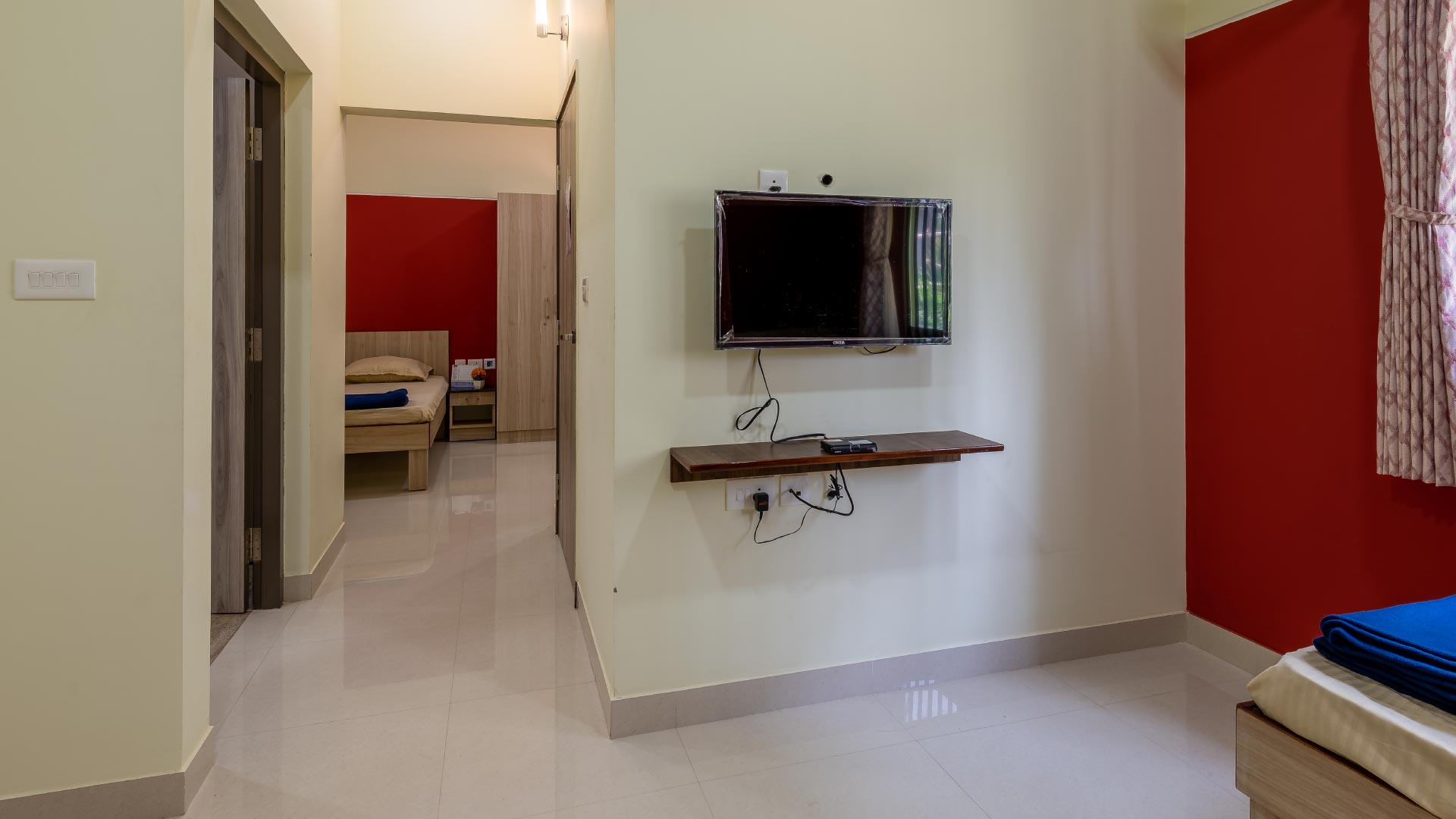Rehabilitation and Treatment Center for Chronic Pain in Bangalore
Chronic pain is a persistent and debilitating condition that lasts for three months or longer. It can manifest in various ways, including aching, throbbing, burning, or stinging sensations. The pain can be localized to a specific area or spread throughout the body. The causes of chronic pain are diverse and often complex. Underlying medical conditions such as arthritis, nerve damage, or muscle injuries can contribute to chronic pain. Psychological factors such as stress, anxiety, and depression can exacerbate pain perception. Early signs of chronic pain may include persistent discomfort, difficulty sleeping, reduced mobility, and changes in mood or behavior. Chronic pain is more prevalent among older adults, women, and individuals with a history of pain or other health conditions. Rehabilitation, as such, plays a crucial role in managing chronic pain and improving quality of life. A comprehensive rehabilitation program typically incorporates physical therapy, occupational therapy, and psychological counseling. Physical therapy focuses on strengthening muscles, improving flexibility, and enhancing range of motion to reduce pain and improve function. Occupational therapy helps individuals adapt to their daily activities and environments to minimize pain and maximize independence. Psychological counseling helps them manage their emotions and stress better and lead fuller lives. Cadabams in Bangalore stands out as a premier rehabilitation center for chronic pain with our brand Physiotattva, where we believe in a holistic approach to chronic pain rehabilitation that addresses the physical, psychological, and social aspects of pain. Our team of experienced physiotherapists, occupational therapists, and psychologists works together to develop individualized treatment plans tailored to your specific needs.
32+ Years Professional Experience
4.5 564 Google reviews
Cadabam's Hospitals
No.280, 15th Cross,5th Phase,
JP Nagar,Bangalore-560 078,India
Cadabam's Hospitals
90,Padmashree Gardens,Gowlidoddi,
Gachibowli,Hyderabad,
Telangana 500075, India
Get In Touch!
At Cadabam's, we've always got your back.
What People Say

Very happy with the facilities provided here. We are extremely grateful to Dr Vishal for his treatment and guidance. I liked the fact that he is very mindful of side-effects while prescribing medicines. Very good doctor and a very good hospital. Highly recommend.
Nithin Gopinath

Though we landed at wee hours of the night, doctors attended in time and we received professional treatment by all including hospital staff.

Excellent hospital and excellent doctors. They listen to you very patiently, do a thorough ore check before starting the treatment which inspires a lot of confidence. Dr. Madhukar is one of the best doctors I’ve met so far.
Narasimha Prasad

Very good cleanliness, disciplined, well behaved, good patience while handeling patient & their relations, good service overall excellent environment.

A good hospital for any kind of psychiatric problems. Very good and courteous staffs and well known doctors.
Anant Modi

Coordinated well I am very satisfied, very good, spent quality time with doctors & further treatment.

I visit Cadabam along with my wife to consult Dr. V. Khasi. We found the Staff very professional and polite with patients. We recommend Cadabam for anyone who requests us for the services available at Cadabam.
Sudarsan Barakman

I visit Cadabam along with my wife to consult Dr. V. Khasi. We found the Staff very professional and polite with patients. We recommend Cadabam for anyone who requests us for the services available at Cadabam.

Coordinated well I am very satisfied, very good, spent quality time with doctors & further treatment.

A good hospital for any kind of psychiatric problems. Very good and courteous staffs and well known doctors.
Anant Modi

Very good cleanliness, disciplined, well behaved, good patience while handeling patient & their relations, good service overall excellent environment.

Excellent hospital and excellent doctors. They listen to you very patiently, do a thorough ore check before starting the treatment which inspires a lot of confidence. Dr. Madhukar is one of the best doctors I’ve met so far.
Narasimha Prasad

Though we landed at wee hours of the night, doctors attended in time and we received professional treatment by all including hospital staff.

Very happy with the facilities provided here. We are extremely grateful to Dr Vishal for his treatment and guidance. I liked the fact that he is very mindful of side-effects while prescribing medicines. Very good doctor and a very good hospital. Highly recommend.
 Available
Available


